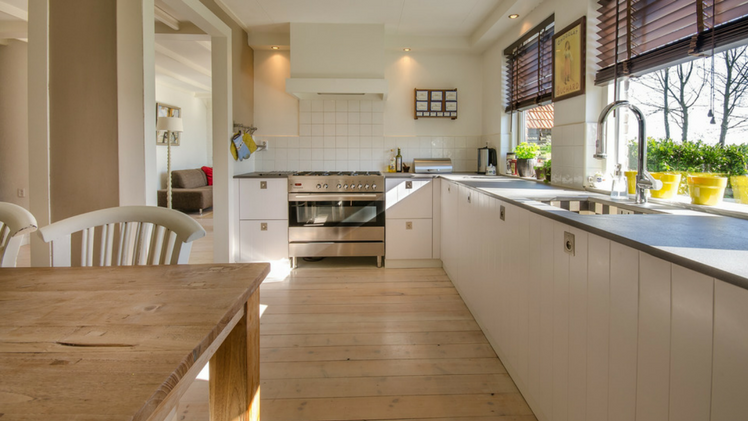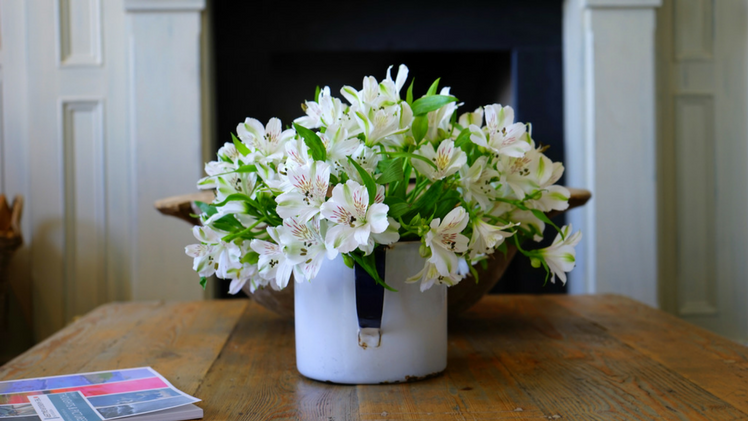Three main costs you’ll encounter when you’re selling your house will be real estate commission fees, marketing and conveyancing. But there are other costs to look out for too. The cost of selling a house will depend on your choice of real estate agent, how far you’re moving and which state you’re in.
Here are the main costs you’ll need to budget for:
Real estate agent commission
The cost of selling will depend on the amount of commission charged by your real estate agent. The national average commission rate in Australia sits at 2.07 per cent, but commission rates vary from state to state. Tasmania has the highest average commission rate at 3 per cent, and South Australia has the lowest average at 2 per cent. Lower commission rates may be an attractive option, but be sure to consider factors such as experience and sales history, marketing strategy as well as their availability and commitment to achieving the best outcome. It’s a good idea to interview to two or three agents, so you can compare exactly what each agent will do for you.
Marketing
Your real estate agent will run a marketing campaign for your property sale. A real estate agent with a good marketing strategy will generally include photography and videography, a ‘for sale’ board, copywriting and listing your property both online in the paper. If costs aren’t included within the commission structure, marketing campaign costs vary as they’re unique, but can cost you from $500 upwards. You’re probably looking at somewhere between $3,000 and $6,000, depending on your location and property value.
Conveyancing
Conveyancing is the process of transferring the legal title of the property from one property owner to another. Costs generally fall somewhere between $600 and $1300. Most sellers will choose to work with either a professional conveyancer or solicitor to help complete the conveyancing process.
| State | Commission | Marketing Fees | Conveyancing | Auction |
|---|---|---|---|---|
| NSW | 2.04% | $2,000 - $5,000 | $600 - $1,300 | $200 - 1,000 |
| VIC | 2.05% | $2,000 - $5,000 | $600 - $1,300 | $200 - 1,000 |
| WA | 2.44% | $1,000 - $3,000 | $600 - $1,300 | $200 - 1,000 |
| QLD | 2.59% | $1,000 - $3,000 | $600 - $1,300 | $200 - 1,000 |
| SA | 2.03% | $1,000 - $3,000 | $600 - $1,300 | $200 - 1,000 |
| TAS | 2.89% | $1,000 - $3,000 | $600 - $1,300 | $200 - 1,000 |
| NT | 2.58% | $1,000 - $3,000 | $600 - $1,300 | $200 - 1,000 |
| ACT | 2.20% | $1,000 - $3,000 | $600 - $1,300 | $200 - 1,000 |
Other costs to consider:
Property repairs and renovations
Spending money on repairs is essential. Buyers will suss out every nook and cranny, so be sure to fix up every room before inspection time. Common repairs include painting, lighting repairs, kitchen repairs and maintenance, bathroom repairs, electrical repairs as well as giving the exterior a touch up. It’s a good idea to have $500 – $1000 budgeted for repairs. Minor touch ups to rooms such as the bathroom and kitchen will add value, but be careful not to overcapitalise with extensive renovations. Leaving the buyer with a blank canvas gives them flexibility in terms of styling their own house, which may increase their interest. 
Auctioneer fees
If you’re holding an auction, you’ll often have to pay an auctioneer’s fee which can cost from $200 to $1,000.
Mortgage discharge
If you have a mortgage, you can expect to close your mortgage loan for around $1000, but this cost can vary depending on your bank. This is essentially a fee for the paperwork involved.
Home staging
Paying for a professional to stage your home isn’t always essential, especially if you enjoy styling your home yourself. But if you’re running short on time, getting someone in to style your home can make a significant difference ahead of your inspections. A good real estate agent will be up-to-date on trends buyers are looking for. Companies will generally charge a lump sum for a 4-6 week period, and cost into the thousands. Home staging is generally more expensive in metropolitan areas. 
Moving costs
Moving costs can fall anywhere between $400 – $3,000. The cost of moving generally depends on the following:
- The distance you’re travelling
- The amount of furniture you’re moving
- Whether you’ll hire full-service removalist or pack the truck yourself
You’ll also need to purchase storage boxes if you haven’t got them already.
Capital gains tax
If you’re selling your holiday house or investment property, you may be subject to capital gains tax (CGT). You don’t pay capital gains tax on your home if it’s your current place of residence. How to calculate your capital gains tax: 1. Calculate your cost base Purchase price + all costs – first home owners grant & claimed depreciation 2. Subtract your cost base from sale price Property sale price – cost base = capital gains tax Exemptions include temporary absence, if the property was purchased prior to 1985 or if you used your super fund to purchase it. You can also apply for partial exemptions in some circumstances.
